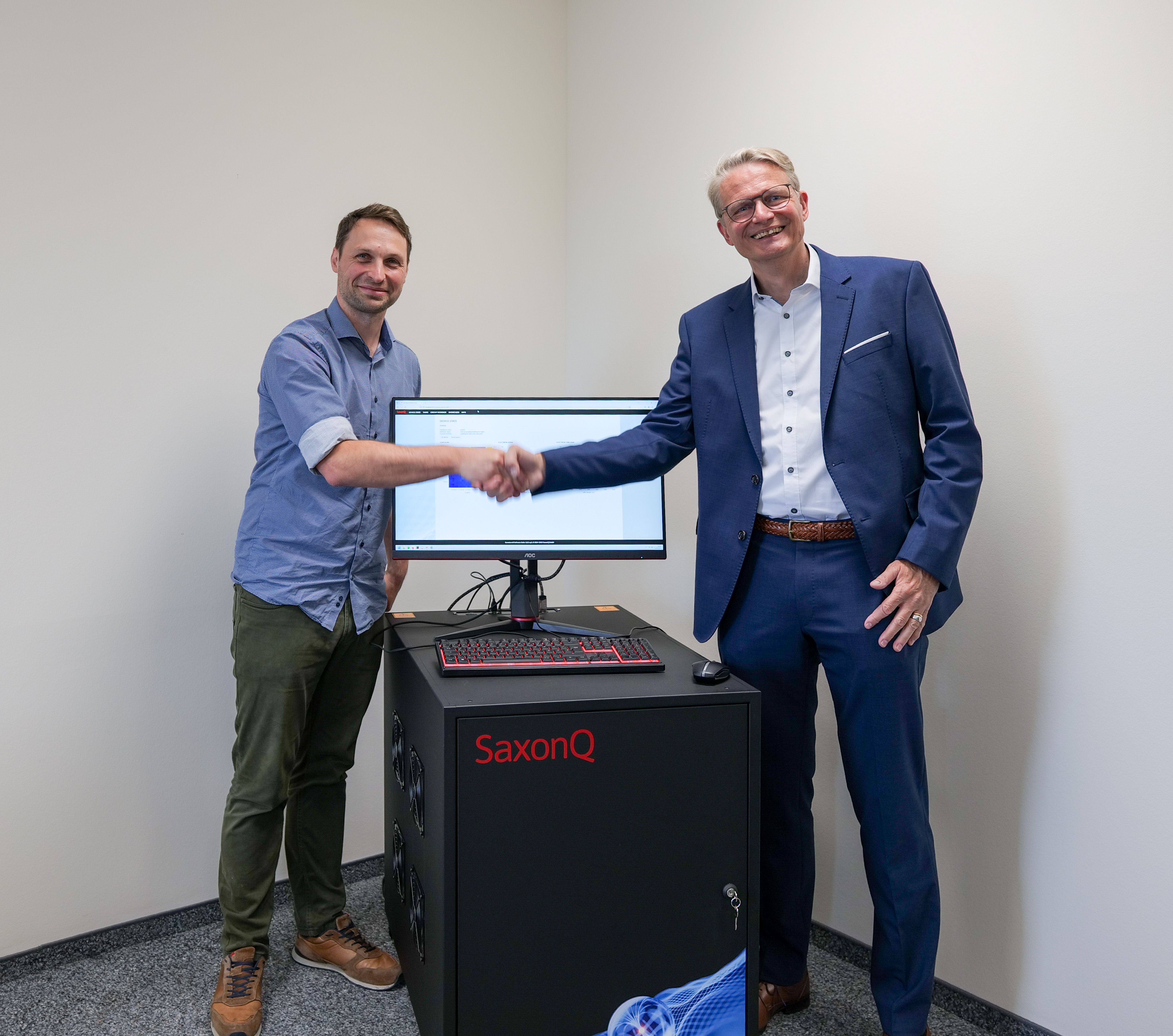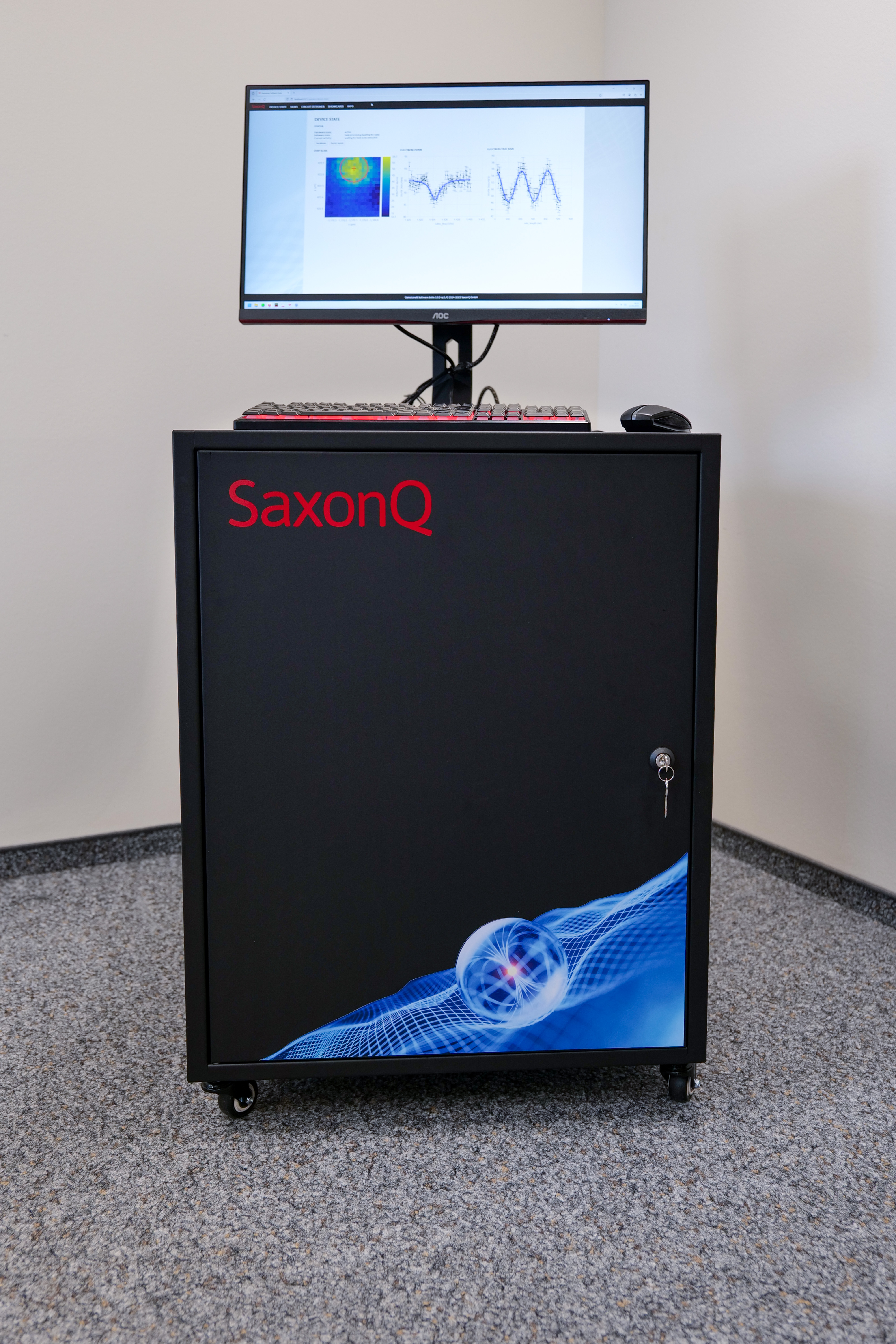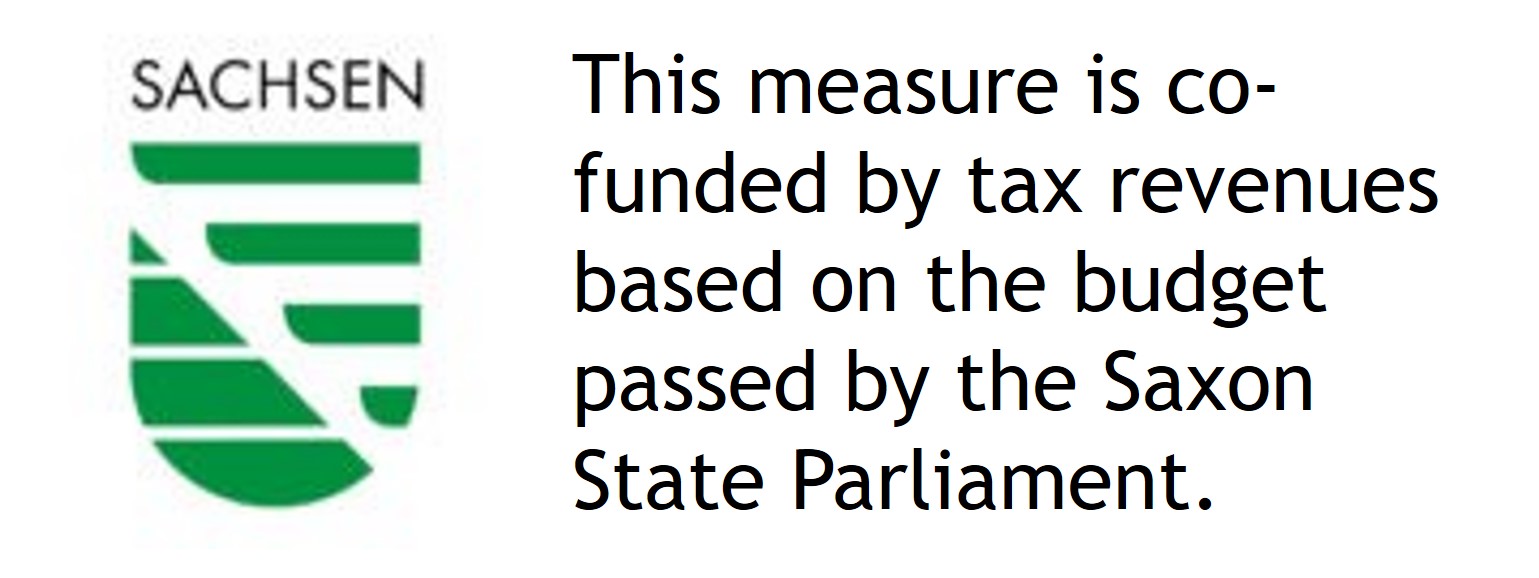Fraunhofer IWU operates Saxony’s First Mobile Quantum Computer
The first relatively compact, transportable quantum computer in Saxony – and one of the first in the world to operate at room temperature – has been up and running since June 11 at Fraunhofer IWU’s Dresden institute. The IWU will primarily use the new 4-qubit quantum computer system to further develop Industry 4.0 solutions aimed at self-regulating, human-learning (cognitive) production systems. Thanks to the institute’s close ties to manufacturing sectors such as automotive, aerospace, and mechanical and plant engineering, industrial partners will also stand to benefit.



Quantum computers are, in principle, many times more effective than conventional computers and could, in the future, solve highly complex problems across a wide range of fields—problems that would either overwhelm today’s computing capabilities or be economically unfeasible using ‘classical’ machines. Quantum computers are still in their early stages of development. The devices are currently large and expensive to acquire and typically require laboratory environments with temperatures below -270 °C to operate.
The quantum computer acquired from the Leipzig-based startup SaxonQ is one of the first devices designed to be industrially viable and compact. The processors in this mobile unit operate without the need for cooling or complex infrastructure and are resistant to interference. The qubits—the basic units of computation in a quantum computer—are generated on a diamond chip just a few millimeters in size.
Scientists and industry leaders see great potential in quantum technology for significantly boosting performance and energy efficiency. Simply put, current (digital) computers perform each operation sequentially using 0s and 1s, whereas quantum computers can process all (possible) options in parallel. This quality leads to fascinating new possibilities in data processing, with drastically reduced energy consumption. Especially AI applications, which require enormous sequential computing power from standard machines, could be operated in a far more environmentally and climate-friendly way in the future.
The new quantum computer will give a boost to the Saxon Research Network for Quantum Technologies (SAX-QT). In SAX-QT, the Fraunhofer Institutes IWU and IPMS are collaborating closely with the Zittau/Görlitz University of Applied Sciences (HSZG) and the Leibniz Institute for Solid State and Materials Research (IFW) Dresden to develop innovative quantum technologies and quantum materials. SAX-QT combines the expertise of its network partners to strengthen regional and European technological sovereignty in this field.
Fraunhofer IWU already offers training courses in quantum computing for anyone from industry or research who is interested in an accessible introduction to the world of quantum computing.
 Fraunhofer Institute for Machine Tools and Forming Technology
Fraunhofer Institute for Machine Tools and Forming Technology